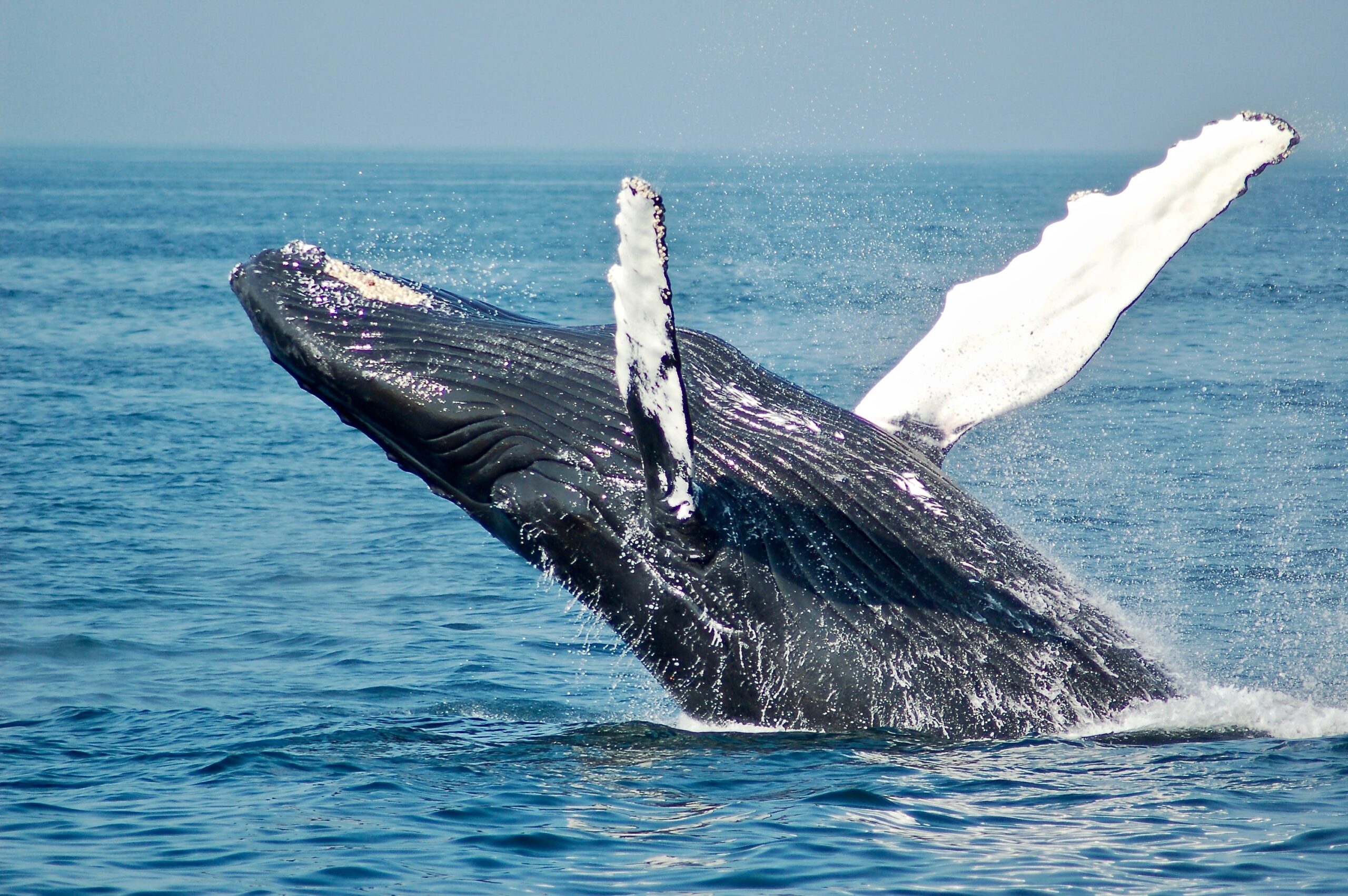The same day Baby was swallowed by a whale, I treated myself to a hundred short-necked clams. Providencetown, Mass. The taps were out for the summer. You couldn’t get a glass of water, only bottles of beer. We leaned on each other, the whole town. I emptied my whiskey flask and a tourist refilled it. Everyone was getting stupid in the heat and glaring at the grocery ferry that carried a pallet of spring water from Maine. It was for the infants and the hospital truck.
We needed a win. Even our shy mayor walked to the dock when Baby’s boat appeared. The crew lassoed a piling and tied themselves to shore. Baby’s shrunken, tanned head looked down from the bow, unsmiling. His body was covered in a white towel. He looked like the Holy Father, and I began to cry. He raised his arm to wave, and the people cheered. They stamped their feet. They raged at the cocksure ocean and the dried-out land. Then the dock began to roll and someone screamed.
We calmed down and looked nervously for the mayor, but he had already been whisked away. We looked to the bow for Baby, but he too was gone. A sheet of cloud slid apart and hard sun fell through. I felt pinned beneath it. I gagged on the air. Then a plank was thrown down from the lobster boat and four men walked across it with Baby on a stretcher, hoisted like an emperor. He threw water over the crowd with a sea sponge so they danced and rocked again.
I am Howie’s Clamshack. I am the famous Baby’s son. I boiled chardonnay in oil drums and kept four of them rolling. When I raised the cardboard box of short-necks above my head, I shook it so they leapt into the wine. It was a celebration.
Baby got down from his litter. The men helped him climb to the platform where I stood with the clams. He kissed my head and sank into a nylon bag chair, and the people gathered around him. They opened umbrellas and knit them like a shield wall. The clams were passed around in paper bowls. The people cracked and clawed and disappeared the shells to the harbor floor.
“What happened?” someone asked.
Baby furrowed his brow. He swept his hand over his plate with the hot sauce pack. “I had my bag of lobsters. I was on the bottom. All the striped bass were flying, trying to get away. Then,” Baby held his arms over his head, “I was completely inside.”
“How did you get out?”
“The krill and the bass,” Baby said. He sounded dazed. “I had my hands full. I thought it was a shark, but there weren’t any teeth. It was crushing me.”
I laid a wine-soaked towel across his shoulders. “Let him rest,” I said. “Let’s eat.”
Next, the shrimp, which had sweetened terrifically, were shelled and the grit from their guts ground between our teeth. The heat and the alcohol were breaking people down. They didn’t know what an event like this could mean. Some wanted autographs. Most wandered off.
Baby wore my dark sunglasses and a wide, straw hat someone gave him. He dipped shellfish into the butter cup such that his knuckles were greased. He was drunk and wanted to prophesize.
“Where is the water?” he asked the crowd. No one could stand up straight.
“There isn’t any,” I told him.
“Where will we go?” He was shouting at the men and women. “Who’s got need like a whale?”
I whispered in his ear, “They don’t understand.”
Baby wobbled in his chair. “Where?”
Providencetown in May. The bars let out like school and a wave of bodies came out swinging, scrambling over the hot sand to get a plate of shrimp. They tracked in gasoline from the marina and left little pink piles of shells on the dock; gawking at Baby.
I served them oysters in five-gallon buckets and threw in a pair of knives. The local families had left, and only the drunk and lost remained. The desperate, gracious, necessary community that had sprung up was gone. I lifted Baby in my arms, leering at the new crowd, who didn’t even know about the whale or the clams or any of it. They only knew the shrimp. The vicious dry-mouth. The red spice.
In our truck, heavy metal doors and thick glass made a seal. I aimed the air conditioning towards Baby’s spotted scalp and waited for his mumbling to stop. He was a seaman afraid of losing direction. He was thirsty. I think he heard the Word on the currents. The song the whale was humming. Of driving water and the darkness of a mouth. I held Baby’s hand. He was at a great depth, and I was on the surface.
